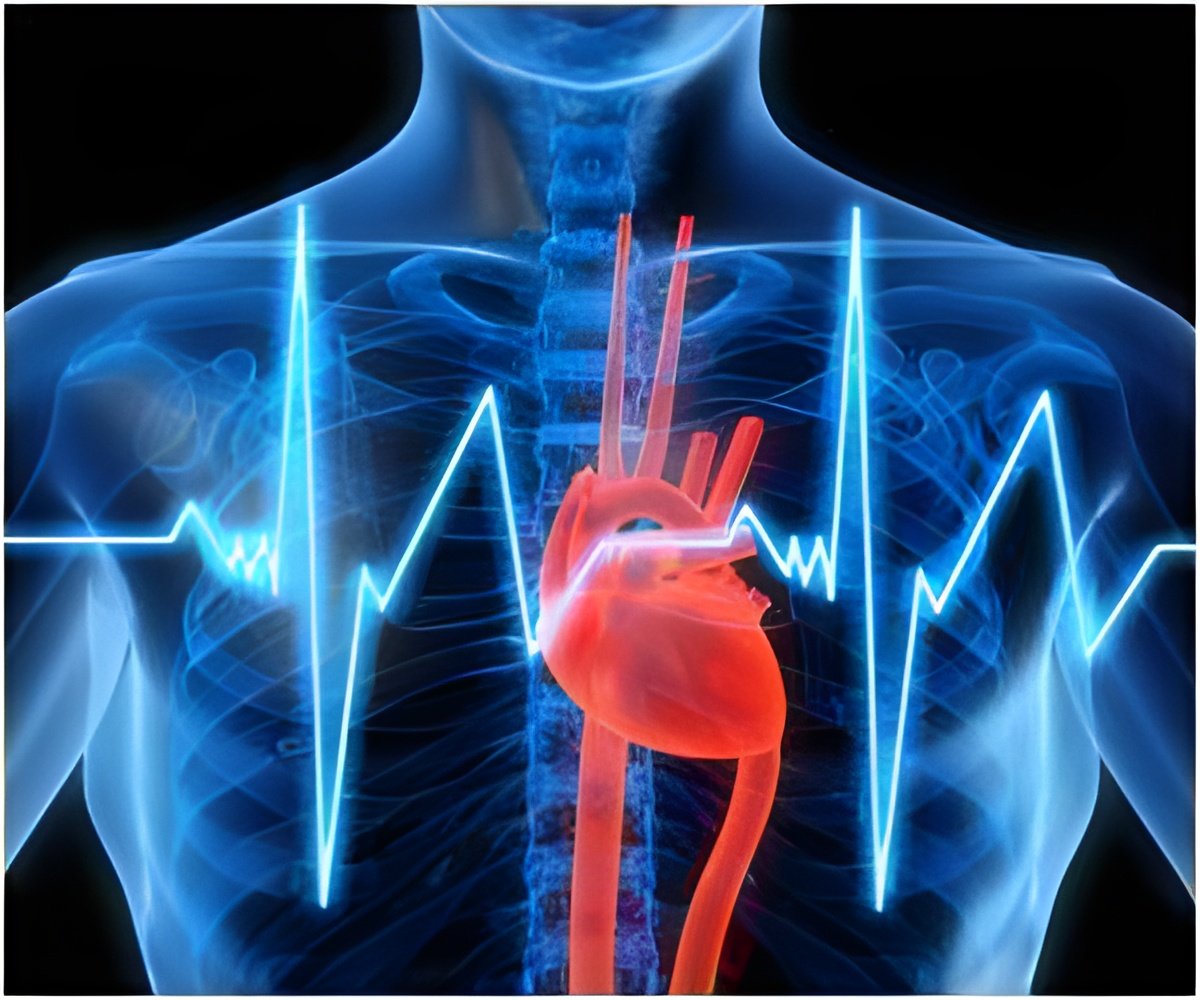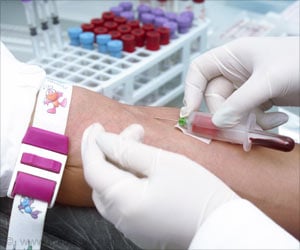The levels of the protein troponin is elevated in the blood when a person is dangerously stressed because the heart is not getting enough oxygen.

TOP INSIGHT
Elevated levels of protein, troponin, in patients with heart disease may indicate that they are experiencing ischemic events with psychological or physical triggers.
"Elevated troponin levels in patients with coronary artery disease may be a sign that they are experiencing repeated ischemic events in everyday life, with either psychological or physical triggers," Hammadah says.
Doctors test for troponin in the blood to tell whether someone has recently had a heart attack. But the levels seen in this study were lower than those used to diagnose a heart attack: less than a standard cutoff of 26 picograms per milliliter, in a range that only a high-sensitivity test for troponin could detect.
The Emory team studied 587 people with known coronary artery disease who were asked to undergo both a mental stress test, involving public speaking on an uncomfortable topic, and a conventional exercise test on a treadmill. Blood flow to the heart was monitored by SPECT imaging. A few people were unable to exercise at a high heart rate and had to have a pharmacological stress test with a drug that dilates the coronary arteries.
Sixteen percent of the study participants developed mental stress-induced ischemia, and 35 percent developed conventional -- either exercise or pharmacological -- stress-induced ischemia. In the mental stress ischemia group, the average baseline (that is, before stress) levels of troponin were markedly higher than in the rest: 5.9 picograms per milliliter compared to 4.1.
Seventy-five percent of the study participants who developed mental stress ischemia developed ischemia in response to exercise as well. Baseline troponin levels were also higher in the exercise-induced ischemia group: 5.4 pg/mL compared to 3.9.
Source-Eurekalert
 MEDINDIA
MEDINDIA




 Email
Email










